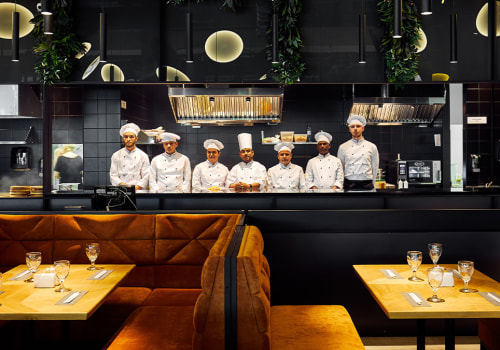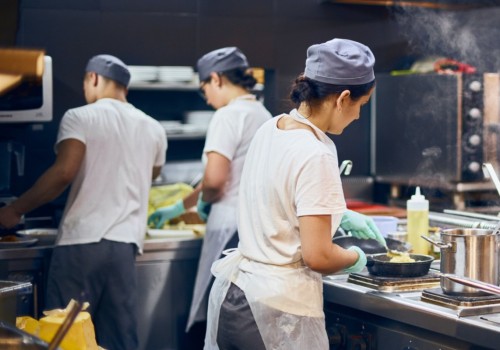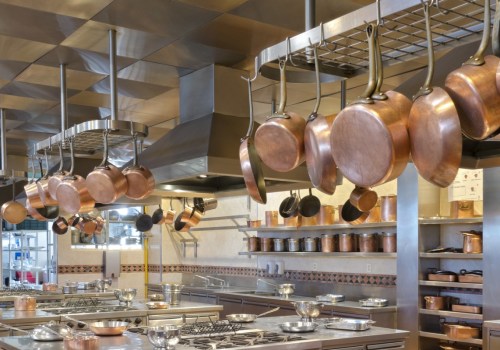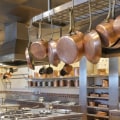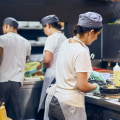Ghost shopping, also called mystery shopping, secret shopping and many other names. The term ghost kitchen classifies food service companies without dining areas that offer delivery and, occasionally, takeaway food. Sometimes referred to as ghost restaurants, virtual kitchens or satellite kitchens, ghost kitchens use third-party delivery services to receive orders and get meals to customers. Ghost kitchens rely on online ordering to connect with their customers.
Renting a kitchen space instead of a physical store for a restaurant can make owning this type of business more affordable. TikToker said the same in a follow-up video, where she explained some of the nuances of ghost kitchens. The separate ghost kitchens leave orders ready for the associate driver to pick them up at the reception. Other users were more sympathetic, pointing out that ghost kitchens have helped some restaurant chains survive in the midst of the pandemic.
Existing dining restaurants, like fine-dining establishments, tend to explore ghost cooking opportunities when they want to try new concepts. If your ghost kitchen is owned by a brand, the delivery app will want you to succeed and will often generate more business along the way. Ghost kitchens grew in popularity after the COVID-19 pandemic due to increased demand for food delivery services. Many restaurants have decided to open ghost kitchens as an expansion of their existing establishment.
The ghosts of York Black Box Edition are sold in a specially ordered black and gold engraved box, with a card detailing the edition number and lot with the date and initials of the merchant who signed the ghost. Ghost kitchens tend to be more attractive because of their lower overhead costs and faster start-up process. With the increase in demand for food delivery services, more and more restaurant owners are studying the trend of ghost kitchens and restaurants. Use these quick facts comparing ghost kitchens and traditional restaurants to determine which one is right for you.
Many people who want to own restaurants can't afford to spend money on prime locations and properties, so they choose to test the market with ghost kitchens. When operators allow virtual restaurant customers to pick up their orders, they attract customers who normally avoid ghost kitchens to avoid shipping costs.

